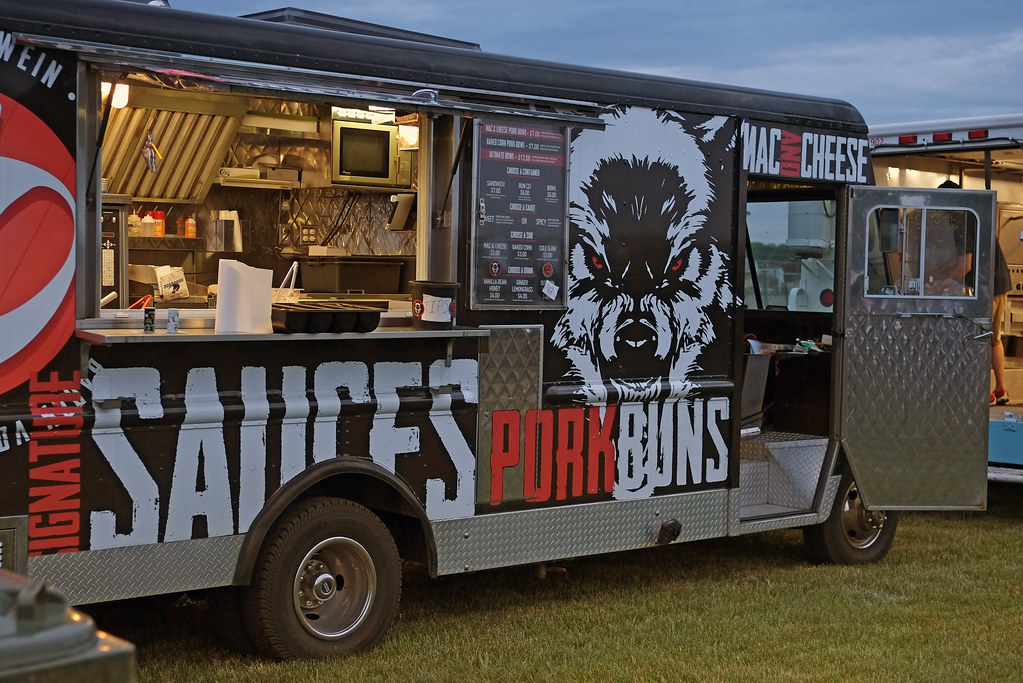As you look across the fields at Port St. Lucie or any other
spring training complex throughout Florida and Arizona you will find dozens and
dozens of minor leaguers trying desperately to get noticed. Many of them will never advance to the majors
but continue to work as hard as possible for achieving not only their dreams,
but also to be able to afford basic necessities like food, a vehicle and a
place to live with some privacy.
Yes, it’s that time again to explore the plight of minor
league ballplayers, most of whom must exist on about $7500 for the entire
season. To put that in perspective, a
minimum wage job by federal law must pay $7.25 per hour. The states of Georgia and Wyoming still offer
state minimum wages of just $5.15 per hour, but most employers come closer to
the federal minimum. A person who works
40 hours per week, 52 weeks per year at $5.15 per hour would earn $10,712 per
year. Someone lucky enough to get the
federal minimum of $7.25 per hour would make $15,080 per year – DOUBLE what
most minor league ballplayers get paid.
Yes, it was a provision when the President signed the Save
America’s Pasttime Act as part of his $1.3 trillion spending bill. As a result, ballplayers are working for less
than minimum wage, must provide their own equipment and get a per diem for
meals that relegates most ballplayers to the dollar menu at their favorite fast
food chain. In the over 2200 page
document it states that minor league ballplayers are exempt from the Fair Labor
Standards Act that dictates wages and working conditions.
To get a perspective on what it means to be a ballplayer,
what can they say when one of the fellow players suggest they go out for a
beer? They can’t afford Uber. Most don’t have their own vehicles. They’re not getting suds in the corner bar
but usually the trendiest clubs around where a single glass might cost $9 or
more. Given the paltry salary and per
diem, they’d better hope the bartender keeps the pretzel bowls filled.
Photo by Ted Van Pelt
Fortunately, former Mets farmhand Jeremy Wolf created a non-profit
organization called More Than Baseball which, among other things, brings food
trucks around to help feed the minor leaguers in Major League Baseball spring
training camps. Wolf recently said, “Though
two meals are promised in every contract, there were times where we played a
game and went home without food.”
As bad as this situation seems, mind you that the players
only receive a check during their minor league season. That means NOTHING is paid to them during spring
training at all. Major League Baseball
is bringing in record revenues and the hope is that during the upcoming
negotiations for the new Collective Bargaining Agreement (CBA) that Wolf can participate.
Wolf tries to raise money which is then distributed to many
of the 4000 minor league players who need any additional dollars available to
help them survive. He’s trying to create
a donation subscription service to get people to contribute on a regular,
ongoing basis. How shameful is it that
minor league ballplayers are going to need an extended TV commercial scored by
Sarah McLachlan with young ballplayers with sad puppy eyes to get people to pay
attention to their plight?



MLB is a disgrace. Bryce Harper can contribute $100,000 as starters to the Donation site.
ReplyDeleteOne of the toughest past of living in a small community is the lack of quality food or food stores.
ReplyDeleteFood trucks qualify here.
The bride is in Commack this week visiting her youngest brother and she keeps texting me picks of food trucks and food store there.
It is killing me.
P.S. Have any of you been to Giuseppe's Italian Supermarket?
Giuseppes is great. Not local to me, just been to one a few times. Mangia!
DeleteA multi-billion dollar industry and they cannot treat their lower level employees any better then that?
ReplyDeleteI think it is pretty sad that the length of time it took Machado and Harper to sign their monster contracts got more
traction then this issue.
Sso 1 Machado = 4000 MiLers? Amazing.
ReplyDeleteEach MLB team should agree to set aside an extra $1 million per season for minor league salaries. It still would not be enough.
ReplyDelete